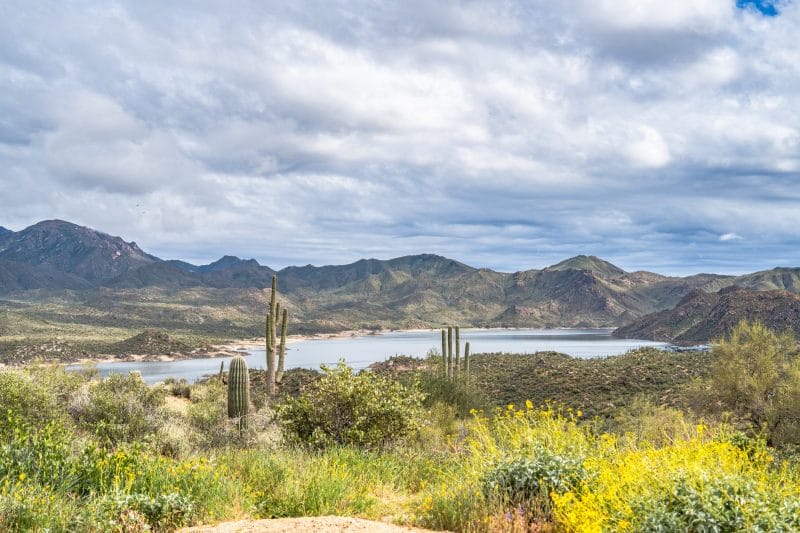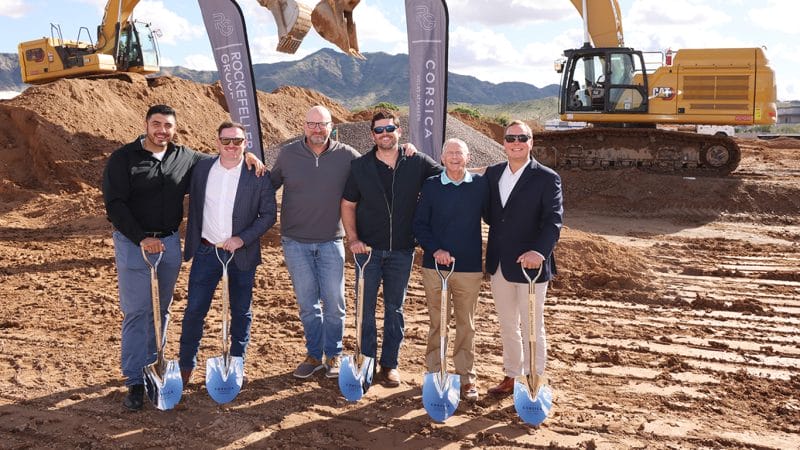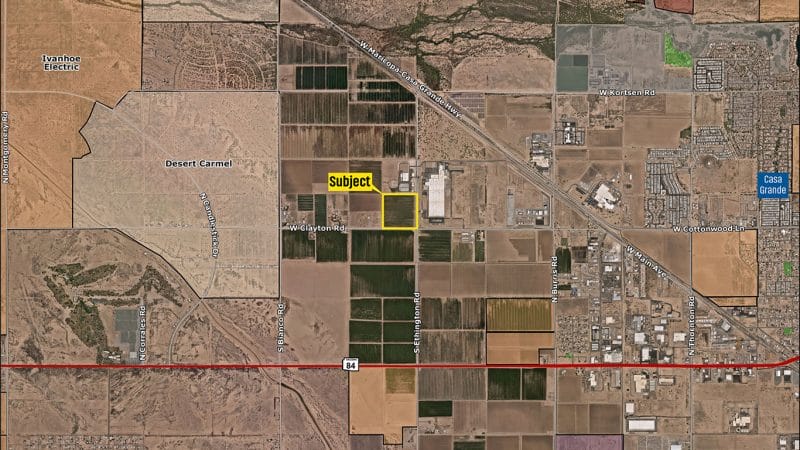Geneva Black, of the Navajo Nation, dumbs out dirts dish water after doing dishes at her home on the Navajo Reservation on July 4, 2022 in Cameron, Arizona. Rj Sangosti || Denver Post / Getty Images
Court: U.S. not required to create plan for tribe
Arlyssa D. Becenti and Shaun McKinnon
Arizona Republic
The U.S. Supreme Court rejected a claim by the Navajo Nation on Thursday that the United States held an obligation to determine the tribe’s water needs and secure supplies to meet those needs. The 5-4 decision represents a setback for the tribe, which still lacks reliable water sources in many communities.
Writing for the majority, Justice Brett Kavanaugh said the U.S. treaty with the Navajo Nation “said nothing about the affirmative duty for the United States to secure water.”
“Rather, Congress and the President may enact — and often have enacted — laws to assist the citizens of the western United States, including the Navajos, with their water needs,” he wrote.
Kavanaugh was joined in the majority by Chief Justice John Roberts and Associate Justices Clarence Thomas, Samuel Alito and Amy Coney Barrett. Dissenting were Justices Neil Gorsuch, Sonia Sotomayor, Elena Kagan and Ketanji Brown Jackson.
The Navajo Nation is the largest Indigenous tribe on the Colorado River without defined water rights. Navajo leaders have negotiated with state and federal leaders for decades in an attempt to secure water, but have never reached an agreement.
At issue is whether the United States has a treaty-based duty to assess the Navajo Nation’s water needs and develop a plan to meet them. The court said there was no such obligation.
States with allocations on the river, including Arizona, Nevada and Colorado, along with some water districts in California, argued that if the court requires the federal government to set aside water for the Navajo Nation, other users on the river will be forced to give up shares of water.
More:




